Week Eight: Rainchecked
Raspberries, strawberries, huckleberries, wild currants… the amount of fruit flourishing between the boulders in this avalanche zone was staggering. I was surprised that more grizzlies hadn’t flocked to the site to take advantage of the bounty. Of course, if they had, they would have had to fight me and my greedy fingers; the glossy red berries of the currant bushes were especially delicious, and the sugar rush they provided would have been a boon to any backpacker. Come to think of it, the absence of other foraging backpackers was strange as well. People must be getting more careful about what they put in their mouths these days.
Reluctantly, I pressed on further into Glacier National Park. I’d been looking forward to this adventure for quite some time – a hike up to Boulder Pass in the quiet northwest corner of the park, just over a mile from the Canadian border. 12,000 years ago at the end of the last ice age, the great continental ice sheet retreated to the north, but glaciers continued to spill out of these mountains, scouring the valleys before them and gnawing away at the headwalls behind them. The results were both raw and majestic, even if the modern glaciers were paltry remnants of their former glory, diminishing by the decade.
After twelve miles of hiking alongside the Kintla Lakes, I stumbled into the small backcountry campground feeling a little more footsore than usual. I forgot about my condition, however, in the rush to pitch my tent before the first raindrops could erupt from a late afternoon thunderstorm. We must have been right at the edge of the raincloud, for sunlight still streamed in fiercely from the west, illuminating every splash upon the surface of Upper Kintla Lake and turning the aquamarine waters into a field of glitter and gold.
One of my fellow campers nudged me and pointed up. I craned my neck. Unusually-large raindrops the size of pebbles sailed in currents of turbulent air. Because of their dramatic proportions and sunlit condition, I could see them two hundred feet up in the sky and trace their path of descent. It felt a little scary to watch; if one of the oversize drops fell in my eye, it could do some minor damage.
The storm cloud fled for the evening, but returned with several dreary companions the next morning. I barely managed to pack up my gear in time before a steady rain began to fall. It beat heavily against the broad leaves of the thimbleberry and false hellebore as I forged up three thousand feet of switchbacks to the high plateau of Boulder Pass. Vivid patches of indian paintbrush and columbine defied the grey mood of the skies. But my right heel had become a major drag on my spirits… one that no amount of wildflower exuberance could cure completely. Somehow I had damaged my Achilles tendon, and it throbbed every time I pushed off my right foot. A saner person would have turned back. Of course, I was too stubborn to react rationally.
A ranger had warned me that four groups had retreated from Boulder Pass during the last week because of lingering snow and ice. I didn’t find any of the snowbanks that difficult. But of the three campsites at the official Boulder Pass campground, two were still buried in snow. Good thing I had no other company besides the marmots, or the one grassy campsite would have become pretty crowded.
When the rain subsided to a drizzle for a few minutes, I quickly set up my tent, threw my pack inside and crawled in afterwards, managing to beat the storm’s resurgence by just a few seconds. Shelter is a precious thing, I once again realized. Outside, I could hear the lilting song of the robin, the raindrops tapping against the tent fabric, and the ominous rumble of thunder. I tolerated the cramped conditions inside the tent because once the storm clouds disappeared, I knew the views of the park’s rugged interior would be worth the discomfort. I just had to wait out the storm.
A drop of water hit my foot. I looked up from my book and noticed rainwater beading up in a dozen locations on the underside of the rainfly. It seems that after a decade, the waterproof tape along the seams had decided to disintegrate all at once. The droplets gathered in short order to form puddles along the tent floor. I had to crouch on my sleeping pad and mop up the water with a washcloth every few minutes.
What’s worse, I was freezing, even with all my clothes and rain-gear on. I couldn’t unpack my cozy sleeping bag and crawl inside for fear that the stuffing would get wet. It was all so depressing. My tent had worn out just like my body seemed to have done. Besides my right ankle, my knees and elbows also had decided to show their age during the last week. I was falling apart fast, which didn’t bode well for my proposed conquest of several state highpoints later in the summer.
After a few hours, the rain finally stopped. A jolt of solar radiation struck the tent, and I emerged from my soggy cocoon to survey the transformed scene. The storm had spent all its energy and, like a fever breaking, had become bereft of power. Its impenetrable clouds had torn themselves apart, freeing the setting sunlight just enough to warm my chilled extremities and bring hope for better explorations tomorrow.
In the morning, the marmots whistled a roll-call to make sure all the neighbors were accounted for. Sadly, my prediction of blue skies had not come to pass, for swirling mists obscured the surrounding peaks, and the valleys below Boulder Pass were drowning in fog. Still, the sun was doing its best to reassert its authority, and I had faith that the greatest views were yet to come.
Ignoring the protests of my right heel, I limped a thousand feet up to the top of Boulder Peak, ate an energy bar breakfast and waited for the slow reveal. Over the course of a few hours, the mists burned away, and the cloud-banks rose steadily upwards, exposing one of the most dramatic scenes on the planet. These were no ordinary mountains. They were mountains as designed by a first-year arts student from Iowa who’d never actually seen real mountains before. Masses of uplifted rock had been chewed away on all sides to form sweeping horns and twisted, knife-edge ridge-lines. Every peak showed the horizontal layering of sedimentary rock – the accumulated mud of ancient seas from a billion and a half years ago, back when multicellular life hadn’t even existed. The mountains of Glacier National Park appeared to be breaking down under the weight of their own fantastical origins, shattering into slabs of purple, green and yellow stone. The rocks atop Boulder Peak still showed the telltale ripples of their seabed origins.
I let myself be mesmerized by the logic-defying landscape until the clouds showed signs of wanting to regenerate. Back at camp, I considered my next move. Having made the effort of reaching Boulder Pass, I wanted to continue along the cliffside trails I’d seen from the peak, venturing deeper into the park towards the base of Thunderbird Mountain. But my heel thought otherwise. It needed time to recover, not more pain and stress. Seventeen miles of trail separated me from the trailhead already… I didn’t need to make matters worse by indulging in outdoor obsessions more than I already had. And besides, a decade from now, the mountains would still be there.
So I began the long walk back. Incredibly, my right foot didn’t hurt in the slightest during the downhill portions. Only the brief uphill stretches gave me any trouble. I made friends in another campground and found a campsite encircled by raspberry bushes with dozens of ripe specimens. Again, I was surprised the patch hadn’t been picked over, considering the popularity of the campground. Didn’t anyone know what a wild raspberry looked like? Well, that left more for the bears, I guess… if I didn’t eat every single one of those tasty little beauties first.


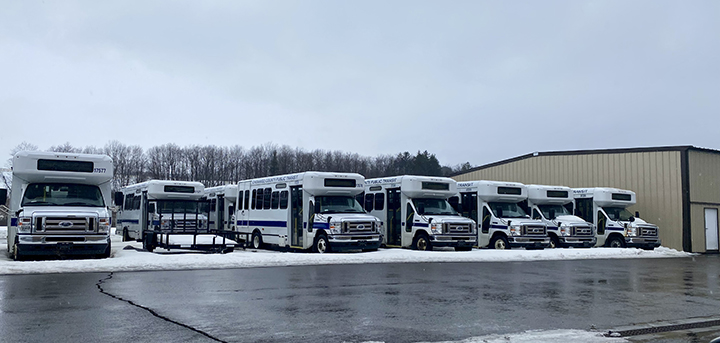

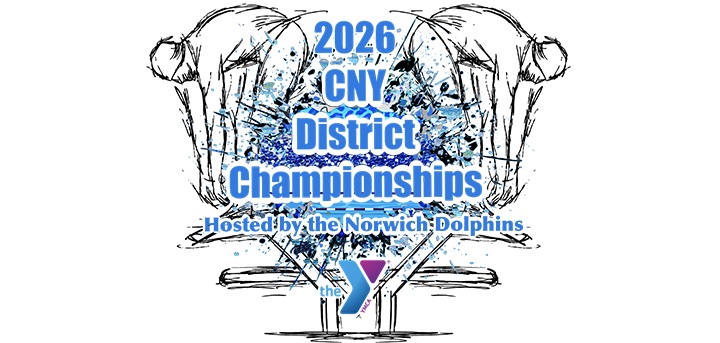
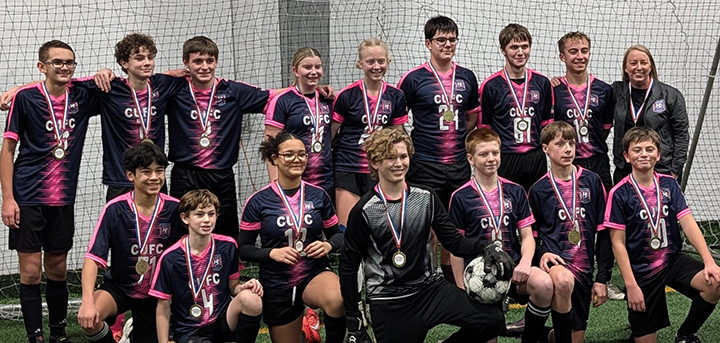
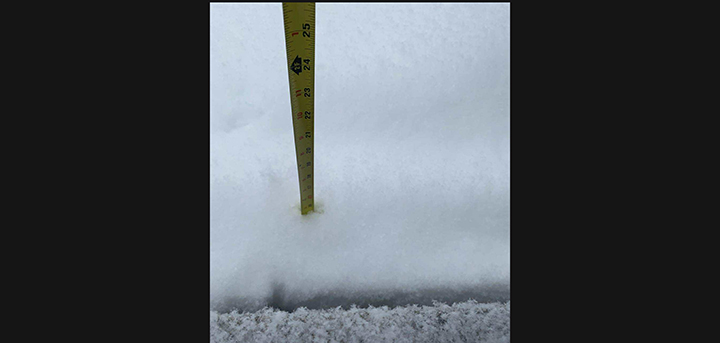
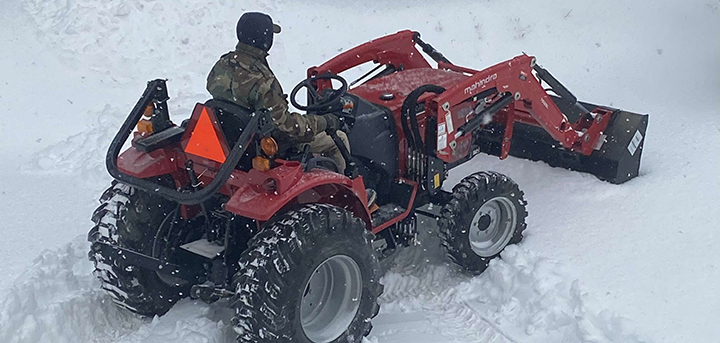
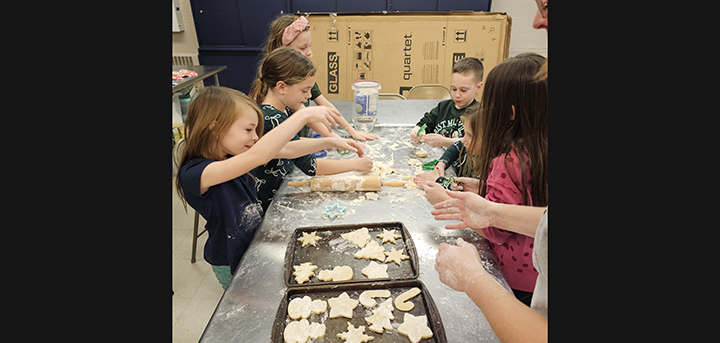

Comments